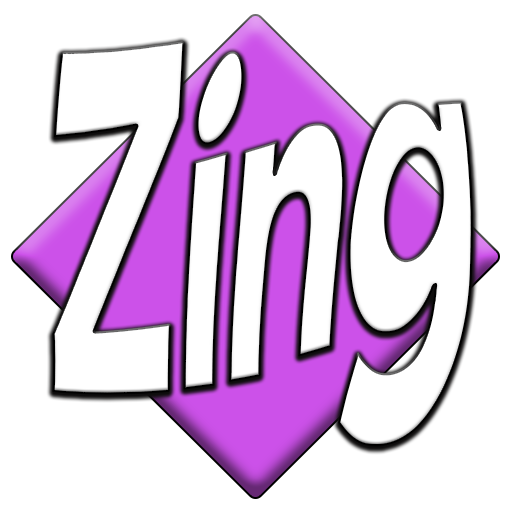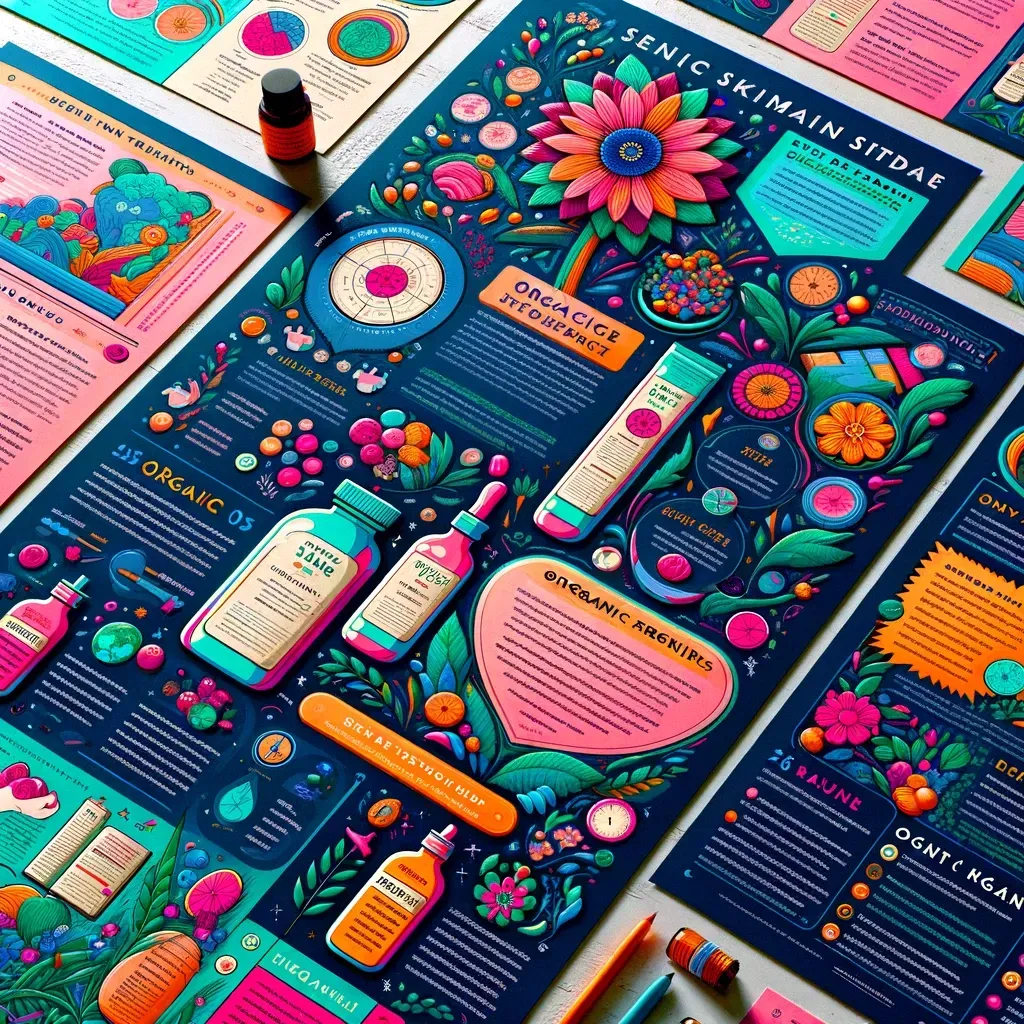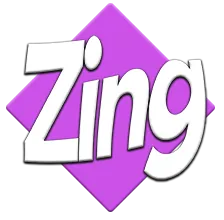
The Road and other Blogging Adventures

Beyond Words: Crafting a Content Symphony That Resonates
Beyond Words: Crafting a Content Symphony That Resonates
Introduction:
In the world of organic skincare, Sarah wasn't content to let her products whisper quietly from the shelves. She envisioned a brand that shimmered with transparency and vibrancy, engaging her audience with a spectrum of content as rich and diverse as her botanical ingredients. But how does one transform the essence of organic skincare into a captivating content marketing strategy? This isn't a tale of mere marketing; it's the story of creating a symphony of content that sings to the soul of your audience. Embark on this journey with us as we explore how Sarah's Sparkle Symphony turned content marketing into an art form.
Highlight Key Points:

Strategy
Crafting a brand-aligned content strategy.
Variety
Embracing a spectrum of content formats.
Distribution
Maximizing reach through strategic content distribution.
Analysis
Refining strategy with performance insights.
Sarah's content marketing transformation began with a strategy as foundational as the skincare formulas she crafted. Recognizing that her audience craved authenticity and education, she wove these themes into every piece of content, from blog posts rich with botanical knowledge to how-to videos that demystified skincare routines.
In-Depth Analysis:
Planning
Sarah's strategic planning involved deep dives into her brand's values, her audience's interests, and the skincare landscape. This ensured her content not only sparkled with clarity but also resonated deeply with her customers' desires for transparency and natural beauty.
Diversity
By integrating a mix of blogs, videos, and infographics, Sarah tapped into the varied preferences of her audience. This multimedia approach allowed her to showcase the vibrant world of organic skincare in all its facets, ensuring no two interactions with her brand were ever the same.
Outreach
Sarah didn't wait for her audience to find her; she met them where they already were. From social media to email newsletters, her content danced across platforms, ensuring her brand's message reached its audience far and wide.
Optimization
By monitoring how each piece of content performed, Sarah gained insights that guided her future creations. This feedback loop was instrumental in honing her strategy, allowing her to amplify what worked and reevaluate what didn't.
Real-World Examples:
Sarah's Sparkle Symphony serves as a beacon for businesses striving to connect with their audience through content marketing. Yet, her approach—rooted in strategy, diversity, distribution, and analysis—is not unique to skincare. Brands across industries can create their symphonies, leveraging their unique voices to cut through the digital noise.
Practical Applications:
Content Calendar Creation
Start by mapping out a content calendar that aligns with your brand milestones, seasonal themes, and customer interests, ensuring a steady and strategic content flow.
Format Experimentation
Don't shy away from experimenting with new content formats. Whether it's a podcast series, a live Q&A, or interactive webinars, variety keeps your audience engaged and eager for more.
Cross-Platform Promotion
Utilize every channel at your disposal, from Instagram to LinkedIn, to share your content. Tailor your message to fit the platform, maximizing engagement and reach.
Data-Driven Decisions
Employ tools like Google Analytics and social media insights to track content performance. Use these metrics to inform your content strategy, optimizing for maximum impact.
Conclusion:
Sarah's journey from predictable patios to biodiverse paradises, guided by the whispers of customer feedback, exemplifies the transformative power of listening to and acting on customer desires. In the realm of content marketing, this lesson is equally potent. By developing a strategy that reflects your brand, embracing diverse content formats, distributing content across multiple channels, and analyzing performance to refine your approach, your business can orchestrate a content symphony that captivates and resonates with your audience.
Call to Action:
Are you ready to conduct your content symphony? Start by tuning into your audience's feedback and let their voices guide your content creation. Share your experiences or plans in the comments below. Let's harmonize our strategies and create content that truly resonates.
FAQs
Q: How do I develop a content strategy that aligns with my brand?
A: Start by defining your brand's core values, mission, and target audience. Understand your audience's preferences, pain points, and interests. Use this information to create a content calendar that addresses these aspects through various themes and topics. Ensure every piece of content reflects your brand's voice and values for consistency.
Q: What types of content formats should I consider for diversity?
A: Diversify your content formats to engage different segments of your audience and cater to their unique preferences. Include blog posts for in-depth exploration of topics, videos for dynamic and visual storytelling, infographics for quick, digestible facts, podcasts for on-the-go listening, and social media posts for interactive engagement.
Q: How can I effectively distribute my content across different channels?
A: Identify where your target audience spends their time online and focus your distribution efforts on those platforms. Use social media for wider reach, email newsletters for direct engagement, your website for centralized content, and consider guest posting on relevant blogs or forums to tap into new audiences. Tailor the content format and message for each platform for optimal engagement.
Q: What metrics should I focus on to measure content performance?
A: Track a variety of metrics to get a comprehensive view of your content's performance. Key metrics include website traffic, engagement rates (likes, shares, comments), conversion rates, bounce rates, and time spent on page. Use tools like Google Analytics for website performance and social media analytics for engagement insights.
Case Study: "Sarah's Sparkle Symphony"
Background
Sarah, the founder of an organic skincare brand, faced the challenge of making her brand stand out in a crowded market.
Strategy
Sarah developed a multi-faceted content marketing strategy that included:
Content Variety
Crafting blog posts, how-to videos, and vibrant infographics.
Multi-Channel Distribution
Sharing content across her website, social media, and email newsletters.
Performance Analysis
Regularly analyzing engagement metrics to tailor content to audience preferences.
Outcome
Sarah's comprehensive approach led to a significant increase in engagement, with a surge in social media interactions and website traffic. Her content's diversity and strategic distribution expanded her brand's reach, while performance analysis helped refine her strategy for sustained growth.
Emerging Trends in Content Marketing
Interactive Content
Engaging quizzes, polls, and interactive infographics are becoming more popular for their ability to hold audience attention.
AI-Driven Personalization
Using AI to tailor content recommendations and experiences to individual user preferences.
Video Content
The rise of short-form video platforms and live streaming as primary tools for engaging audiences.
Voice Search Optimization
Creating content optimized for voice search queries as smart speakers and voice-activated devices gain popularity.
Resources
Content Marketing Institute (contentmarketinginstitute.com): Offers insights, research, and best practices on content marketing.
HubSpot (hubspot.com): Provides a comprehensive suite of tools for content creation, distribution, and analysis.
Canva (canva.com): An easy-to-use design tool for creating visually appealing content like infographics and social media graphics.
Google Analytics (analytics.google.com): Essential for tracking website performance and user engagement with your content.
Zing Business Systems (website: zingacp.com/home) revolutionizes how businesses talk to customers by turning missed calls into texts, which helps close the communication gap. This technology saves potential sales and improves customer interaction across multiple channels. It streamlines customer management and tracks important data for marketing and sales. Enhance your customer service and boost your online marketing with Zing and don't lose customers from missed calls.
Start your own blog checklist:
Here is a quick checklist to get you started with you website blow. Remember imperfect action beats inaction, get started and keep publishing.
Create your blog page then add the blog element
Add the blog element to your page and select if you want compact or list view
Start planning your blog topics by Identifying what resonates with your audience. If you are stuck you can use sites like - https://answerthepublic.com/
Create an outline serves your company goals.
Write conversationally, like if you were telling a story to a friend
Pick a catchy title.
Use several media types (gif, short video, or image) to deliver your messages.
Use data to back up claims or ideas - make sure to cite all sources❗
Have a call to action and or give your audience something to walk away with.
Take 30 minutes to edit your post.
Copyright© 2024 The Missed-Call Text-Back . All Rights Reserved.


Facebook
Instagram
X
Youtube
TikTok